Towing a trailer, whether for work or leisure, adds a layer of complexity and potential risk to driving. While many factors contribute to safe towing, one often-overlooked component is surprisingly critical: the Hitch Pin Lock. This small piece of hardware is all that stands between your trailer and complete detachment from your vehicle, especially when navigating rough roads or unexpected bumps. Understanding the potential dangers associated with a failing hitch pin lock is paramount for anyone who tows.
Imagine driving down the highway, confidently towing your boat or camper, when suddenly you hear a jarring bang and feel a sickening lurch. This was the reality for one truck owner who shared his alarming experience online. While towing an enclosed trailer, a routine drive turned into a near-disaster when his hitch pin lock failed. As he recounted, “While enduring a particularly bad part [of the road], I heard a loud bang and a sudden jolt.” Upon inspection, the horrifying truth emerged: the locking hitch pin had broken, allowing the trailer hitch to disconnect from the receiver.
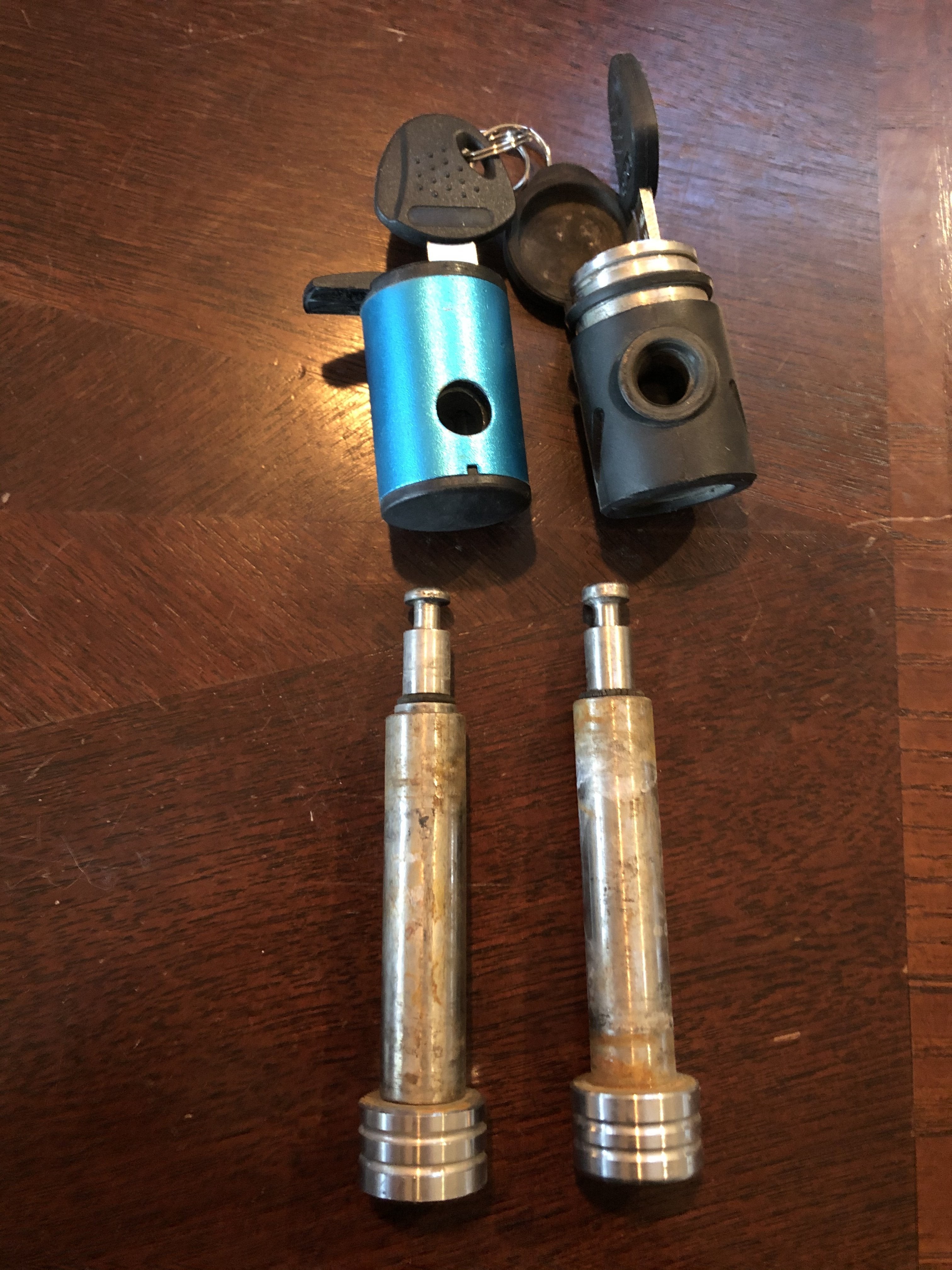 Trailer tongue slammed onto jack after hitch pin lock failure
Trailer tongue slammed onto jack after hitch pin lock failure
The consequences of this hitch pin lock failure could have been catastrophic. Fortunately, in this instance, safety chains prevented complete separation, but the trailer tongue still slammed down, causing significant damage. The incident serves as a stark reminder of the vital role a seemingly insignificant part plays in towing safety. It also highlights that even when you believe you’ve taken precautions, like using a locking hitch pin, failures can still occur.
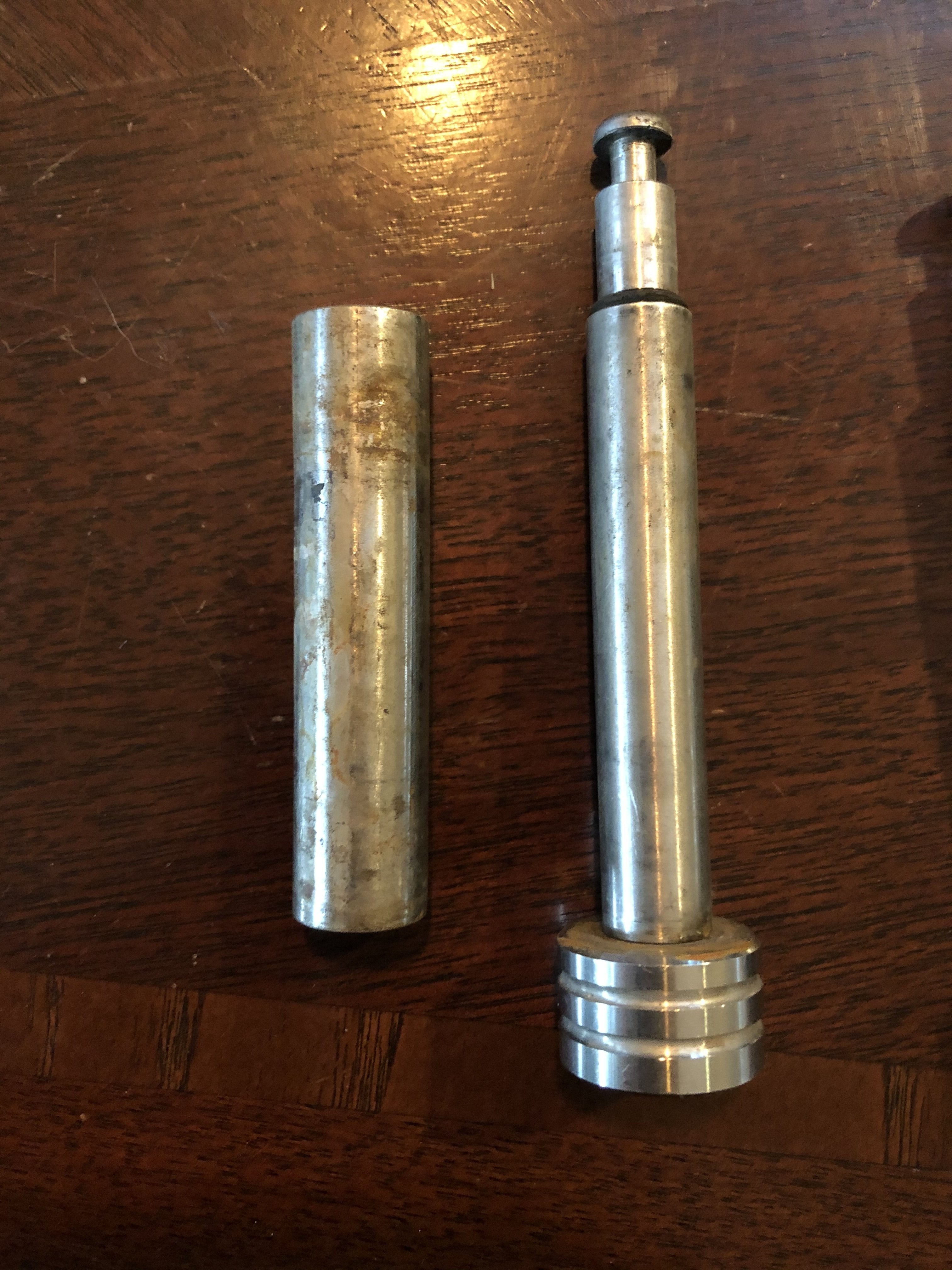 Close up of damaged trailer jack after dragging due to hitch pin lock malfunction
Close up of damaged trailer jack after dragging due to hitch pin lock malfunction
Further investigation into such failures reveals a concerning design flaw in some assembled locking hitch pins. These pins, instead of being solid, are constructed from multiple pieces. This assembly point can become a weak spot, particularly under the stress and vibrations of towing. As another experienced tower discovered when inspecting his own setup, “The flaw is so egregious, that the CPSC probably ought to initiate a recall campaign.” He found that the end of his locking hitch pin had broken at the assembly point, a defect hidden until closer inspection.
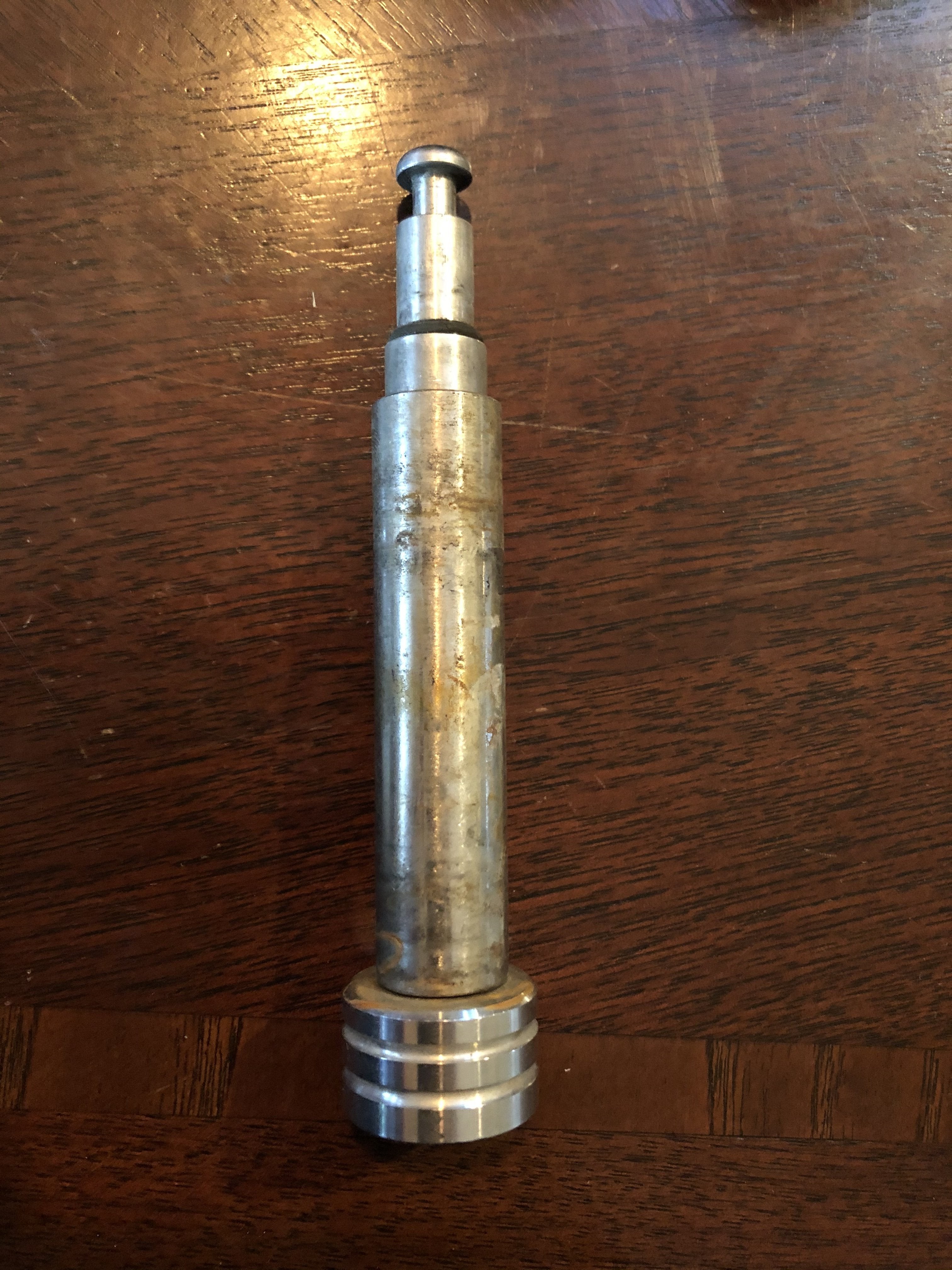 Broken end of an assembled locking hitch pin, highlighting a critical design flaw
Broken end of an assembled locking hitch pin, highlighting a critical design flaw
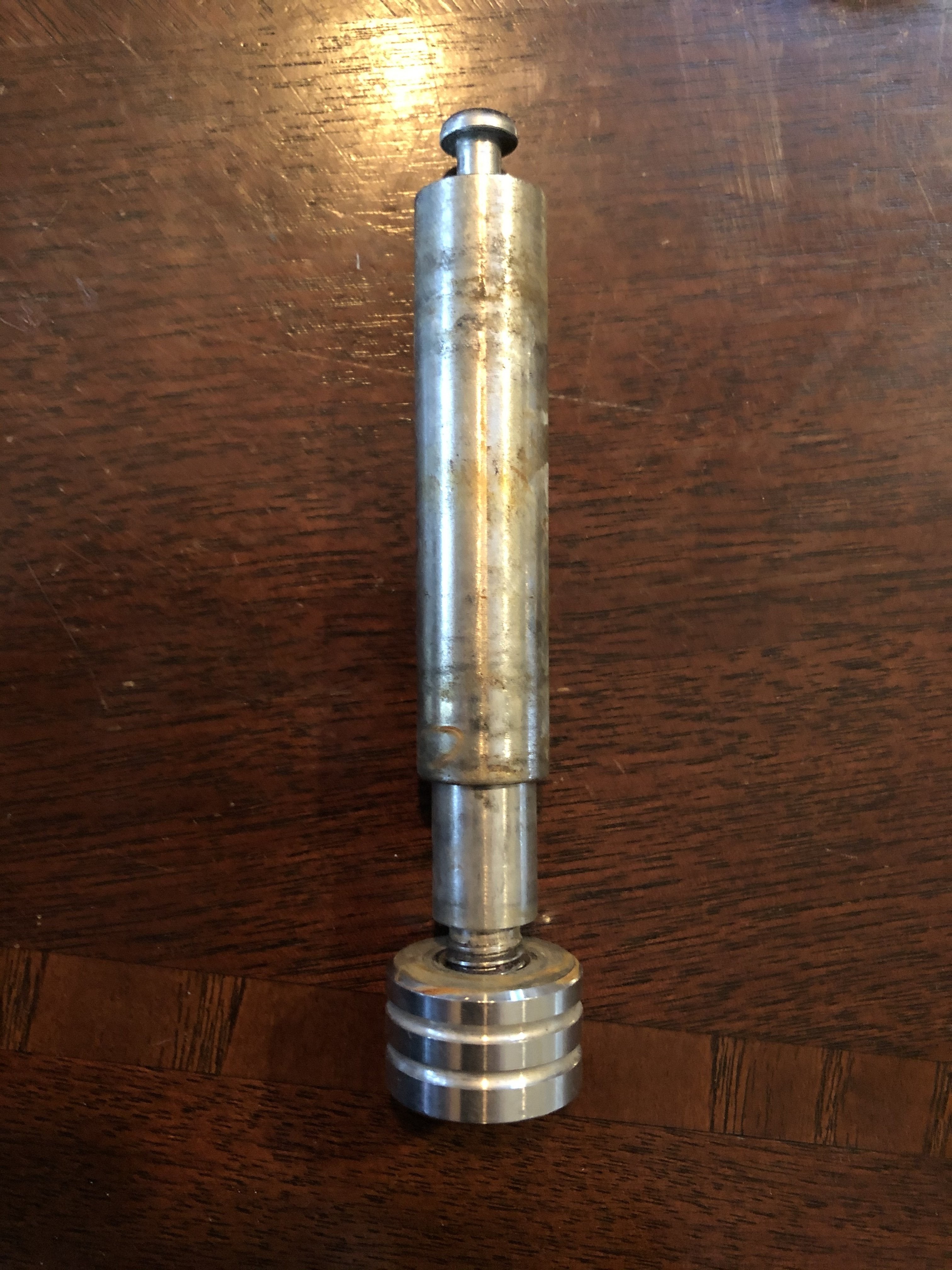 Close up view of the fractured end of the assembled hitch pin lock, emphasizing the multi-piece construction
Close up view of the fractured end of the assembled hitch pin lock, emphasizing the multi-piece construction
This critical flaw emphasizes why choosing the right hitch pin lock is not just about security against theft, but fundamentally about safety on the road. While locking hitch pins are intended to provide added security, some designs can introduce a point of failure that negates their benefit. The lesson here isn’t to abandon security, but to choose wisely.
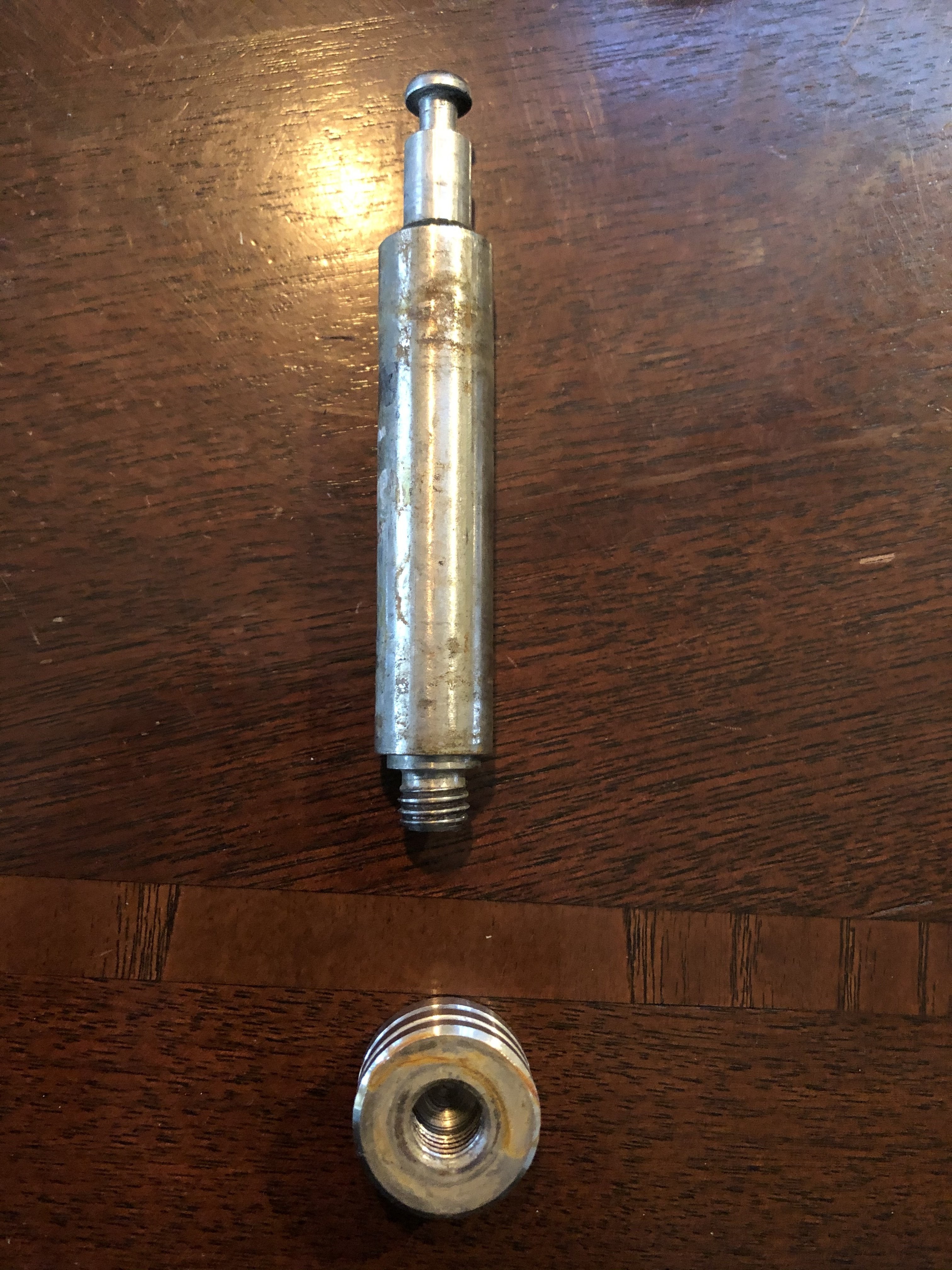 Comparison of a failed assembled hitch pin lock next to a likely solid replacement for improved towing safety
Comparison of a failed assembled hitch pin lock next to a likely solid replacement for improved towing safety
So, what can you do to ensure your towing setup is as safe as possible regarding your hitch pin lock?
- Inspect Your Hitch Pin Lock Regularly: Before each tow, thoroughly examine your hitch pin lock for any signs of wear, cracks, or damage. Pay close attention to assembled pins and check for any separation or weakness at the joints.
- Consider Solid Hitch Pin Locks: Opt for hitch pin locks that are milled from a single piece of metal. These solid designs eliminate the weak point found in assembled models, offering a more robust and reliable connection.
- Don’t Neglect Safety Chains: Safety chains are your last line of defense in case of a hitch pin lock failure or any other type of hitch disconnection. Ensure they are properly connected, in good condition, and crossed underneath the trailer tongue.
- Proper Hitching Procedure: Always follow the correct hitching procedure, ensuring the hitch is properly seated in the receiver and the hitch pin lock is securely in place before you begin towing. Double-check everything.
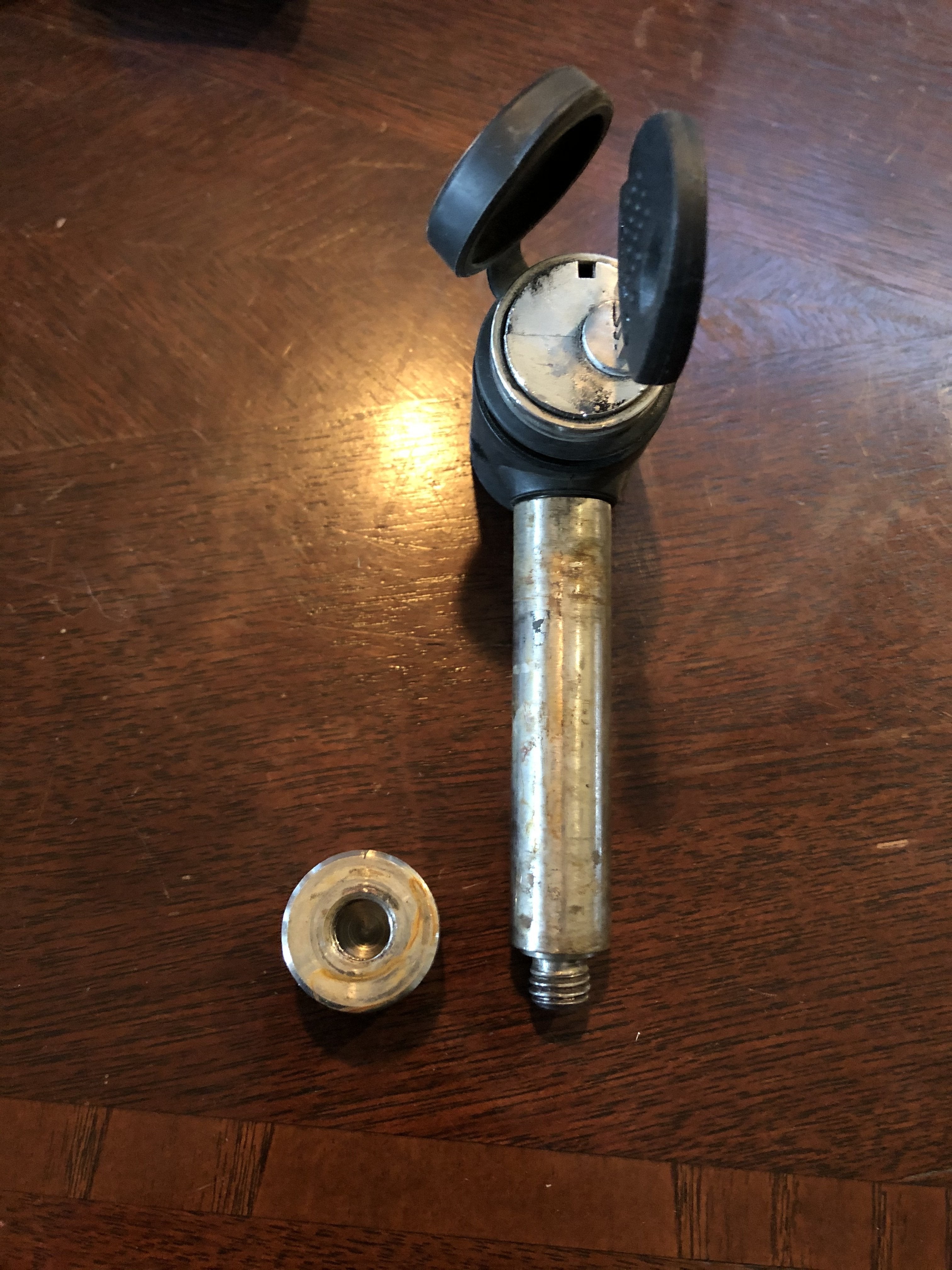 Example of a replacement solid milled locking hitch pin for increased reliability and safety
Example of a replacement solid milled locking hitch pin for increased reliability and safety
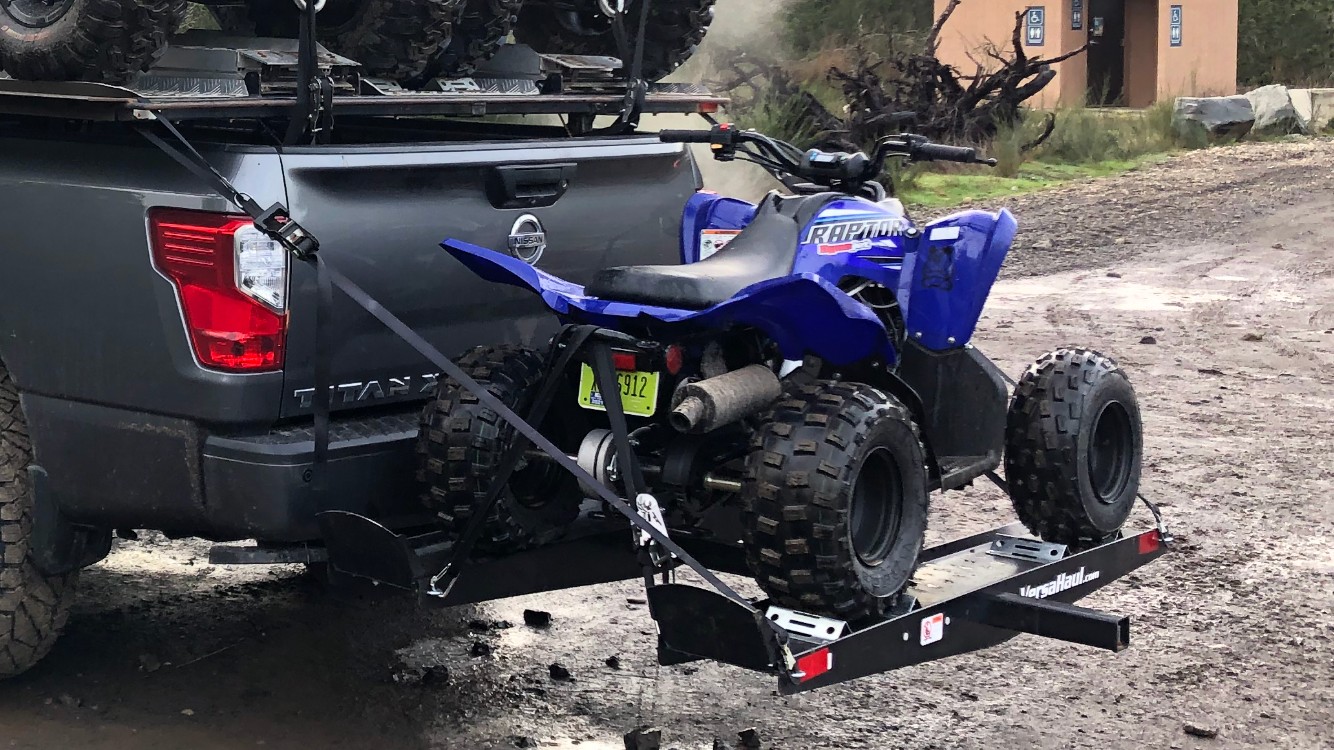 Diagram illustrating a solid, one-piece hitch pin lock design, promoting enhanced strength and towing security
Diagram illustrating a solid, one-piece hitch pin lock design, promoting enhanced strength and towing security
In conclusion, the seemingly simple hitch pin lock plays a pivotal role in safe towing. Understanding the potential for failure, especially in certain assembled designs, is crucial. By choosing quality components, performing regular inspections, and always using safety chains, you can significantly reduce the risk of a dangerous trailer detachment and ensure safer journeys for yourself and others on the road. Don’t let a small part compromise your entire towing safety system.

